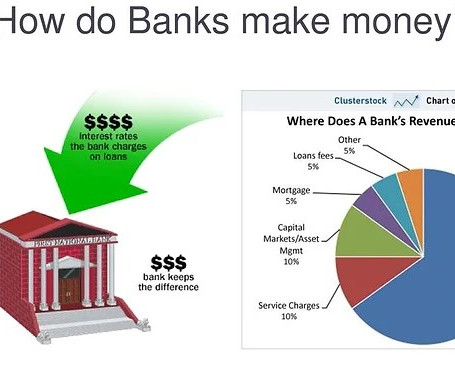How Merchant Banks Help Businesses Grow and Succeed
Razorpay
AUGUST 9, 2023
They may help with underwriting, fundraising, credit or financial advice. Underwriting Services Merchant banks also provide underwriting services for initial public offerings (IPOs), private placements, follow-on public offerings (FPOs) and rights issues. What is a Merchant Bank?












Let's personalize your content